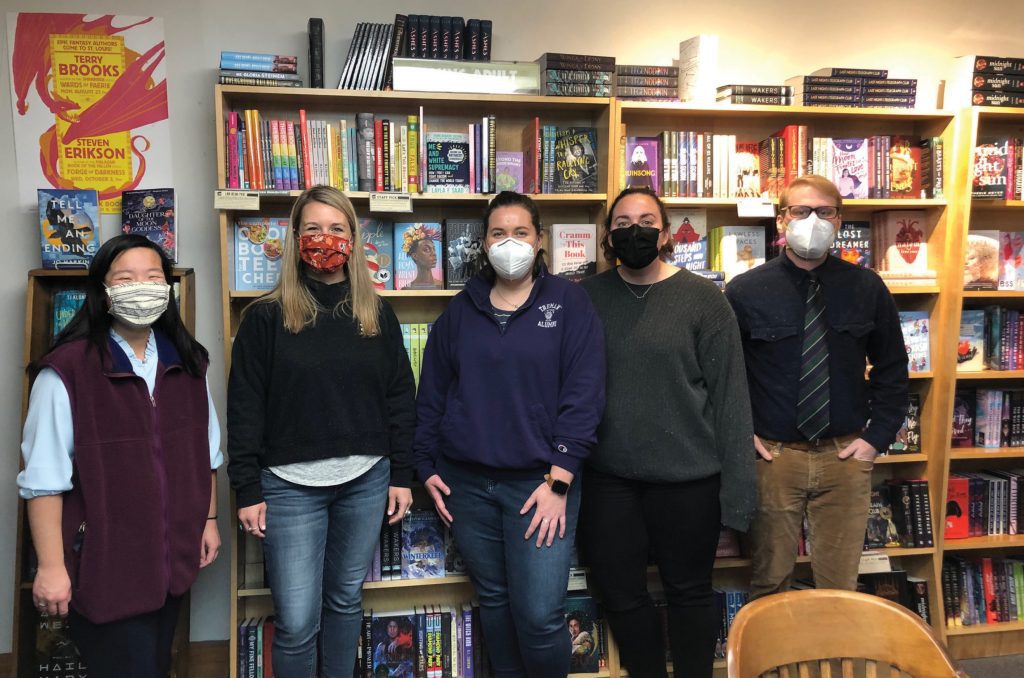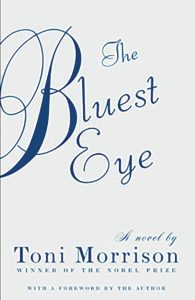In the last year, attempts to ban books have surged across the country. The numbers are the highest they’ve been since the American Library Association began tracking book challenges more than 20 years ago. Many of the works challenged, such as The Bluest Eye, All Boys Aren’t Blue and Heavy (all of which were pulled from shelves in Wentzville schools this year), deal with important issues, including race, gender and sexuality. In order to ensure that inclusive conversations are not shut down, Left Bank Books Foundation has created the Literacy & Justice Project to provide banned books free of charge. T&S spoke with Left Banks Books co-owner Kris Kleindienst to learn more about the initiative.
As a local bookstore, why is it important to have a nonprofit component?
We were somewhat of a visionary among bookstores when we created this hybrid model. We established the foundation because we were seeing that bookselling alone wasn’t sustainable given our mission-based approach. We believe community service is a huge part of why Left Bank Books exists. We try to stock books that may not fly off the shelves but are important. We also host author events, and those costs are usually not covered by sales. We needed a way to make everything work without compromising our mission, and the foundation was the answer. We’ve kept things flexible so that we have both short- and long-term projects and can be responsive to community needs.
What programs does the foundation offer?
One of our biggest projects is River City Readers, which puts new, culturally relevant books in the hands of students in St. Louis public schools. We also organize author visits for classrooms, but the pandemic has had a huge impact on how we work in schools. Our goal is to make sure students don’t just follow a curriculum, but discover a love of reading. So many of these kids don’t have access to books or don’t associate reading with pleasure.
Why is access to literature important, especially for young people?
I have always felt very strongly that kids should be able to read what they want. Reading is how we discover, explore and find ourselves, and it’s where we pick up critical thinking skills. Kids need to be able to read books that they can see themselves in, and so much of the literature on school curriculums is not inclusive. If kids can’t access the world through reading, they are going to be hampered when they become adults.
Why are banned books a critical issue right now?
The books being taken off of school shelves are the ones that often deal with issues like race and sexuality. Very rarely are books banned that don’t touch on these topics. For decades these authors have been targeted, and denying access to these works is a way to re-institutionalize racism and homophobia. Politically, things are very polarized right now, and we’re not talking and listening as a community any more. Banning books is a piece of that. Libraries and bookstores need to stand on the frontline and be guardians of free access to information.
How did the Literacy & Justice Project start?
We had a response from people before we even put out a fundraising call. Customers came to us wanting to know how they could help, so we came up with this program. To date, we’ve given away books to more than 200 people and raised more than $15,000 to do so. We’ve also been reaching out to schools and reading specialists because they don’t all have the resources to create the library they want.
How can people get involved in the Literacy & Justice Project?
The easiest way is to go to our website and make a donation. We’re also still providing books to anyone who asks. If you would like one of the books, you can fill out the request form, and we’ll mail you one free of charge.
Are there future plans for the initiative?
We’re going to be partnering with the ACLU in September for Banned Books Week to do more things focused on the importance of the First Amendment guarantee of free speech in education. We currently don’t have plans to change how the project is operating, but we have been discussing the possibility of setting up a Literacy & Justice table to hand out books at other events like Pride in June.
For more information, visit lbbfound.org.
Photos courtesy of Left Bank Books Foundation

